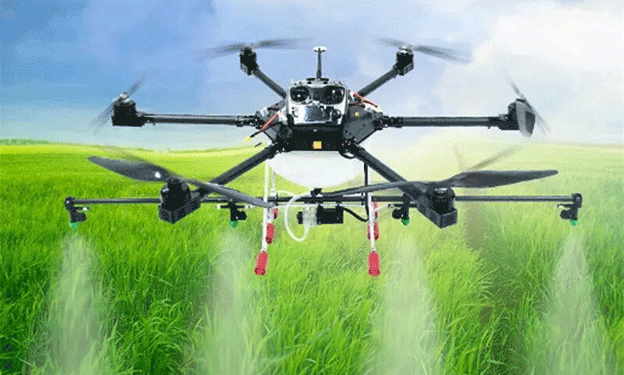Pioneering Advanced Drone Operations
In a groundbreaking development, Rantizo, based in Iowa City, Iowa, has received an amendment to Exemption No. 18929B from the Federal Aviation Administration (FAA). This amendment allows Rantizo to swarm up to three drones weighing over 55 pounds, operate without the need for a visual observer (VO), and conduct flights at night. This represents a monumental step forward for drone operations in precision agriculture.
Enhancing Productivity and Flexibility
Mariah Scott, CEO of Rantizo, emphasizes the importance of this approval: “The FAA’s recognition of the safety and reliability of our systems, along with the evolving needs of our operators, is a testament to our commitment to delivering precise and timely crop protection.” With the ability to fly multiple drones simultaneously, such as the DJI T30 or the XAG P100 Pro, Rantizo operators can cover more acres in less time, significantly increasing productivity. Night operations further enhance this flexibility, allowing drones to spray during optimal weather conditions and reducing the risk to pollinators and farm workers.
Operational Benefits and Efficiency
The FAA’s approval permits Rantizo to operate without visual observers, a move that simplifies logistics and reduces operational costs. The swarming capability enables operators to deploy multiple drones in a coordinated manner, enhancing the precision and efficiency of agricultural applications. Nighttime operations are particularly beneficial as they can be timed to avoid daytime thermal currents and winds, ensuring better coverage and effectiveness of applications. Moreover, night flights minimize disturbances to pollinators and reduce the risk of chemical drift affecting farm workers.
Training and Safety Measures
While the benefits are substantial, these advanced operations also introduce new risks. All operators must undergo comprehensive training to ensure safety and proficiency in these new practices. Kevin McDonald, Rantizo’s Chief Pilot, underscores the significance of this development: “The FAA is making more options available for drone operators, and this approval demonstrates the expanding potential of precision application technology.” However, he advises all operators to pursue similar exemptions only after thorough training and preparation.
Rantizo’s FAA approval for advanced drone operations is a transformative development in agricultural technology. This approval not only enhances productivity and flexibility for drone operators but also signifies the growing acceptance and integration of drone technology in precision agriculture. With proper training and adherence to safety protocols, these advancements promise to revolutionize crop protection and management, benefiting farmers and the agricultural industry as a whole.







